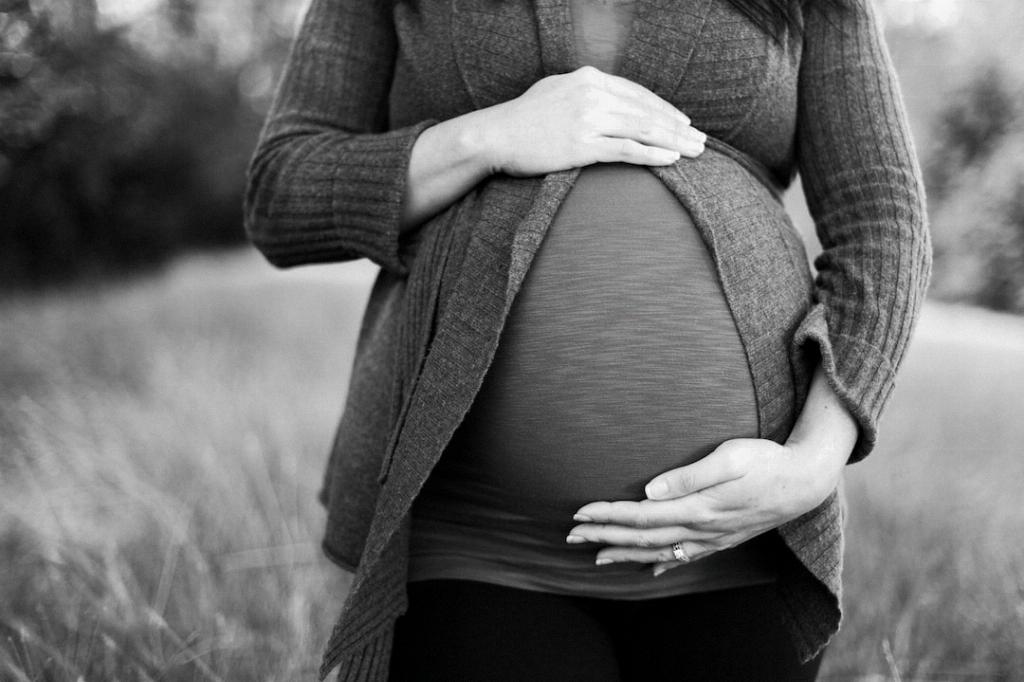During pregnancy, it is crucial to pay close attention to food safety, including the handling and cooking of meat. Properly cooked meat can reduce the risk of exposure to harmful bacteria such as Salmonella, E. coli, and Listeria, which can have serious implications for both the mother and the baby.
Internal Cooking Temperatures
When it comes to cooking meat during pregnancy, it is important to ensure that it reaches the recommended internal temperatures to kill any bacteria present. Beef, pork, veal, and lamb roasts, steaks, and chops should be cooked to at least 145°F (63°C) with a 3-minute rest time to allow the juices to redistribute.
Ground beef, veal, lamb, and pork should be cooked to a minimum internal temperature of 160°F (71°C) to ensure that any potential bacteria are eliminated. Ground poultry, including chicken and turkey, should be cooked to 165°F (74°C) to guarantee safe consumption.
Safe Handling Practices
Proper handling of meat before cooking is equally important. Make sure to refrigerate raw meat promptly, separate it from other foods to prevent cross-contamination, and wash hands, utensils, and surfaces thoroughly after handling raw meat.
Use a meat thermometer to check the internal temperature of the meat accurately. Avoid eating undercooked or raw meat, as it can pose a higher risk of foodborne illnesses, especially during pregnancy when the immune system is more vulnerable.
Choosing the Right Cuts
Opt for lean cuts of meat during pregnancy to reduce the intake of saturated fats. Lean protein sources such as chicken, turkey, and lean cuts of beef can provide essential nutrients without the excess fat content.
Trim visible fat from meat before cooking to further reduce the saturated fat content. Cooking methods such as grilling, broiling, or baking can help drain excess fat from the meat, making it a healthier choice for expectant mothers.

